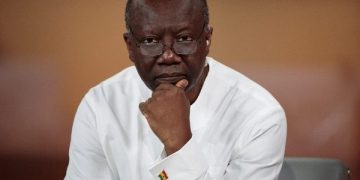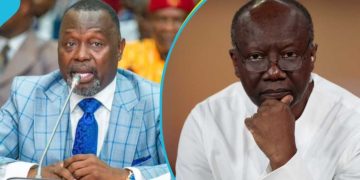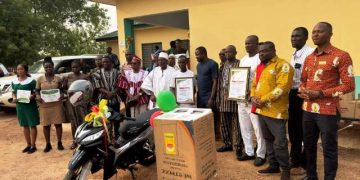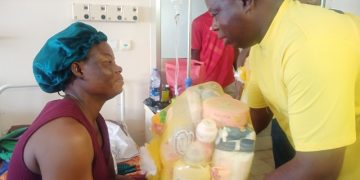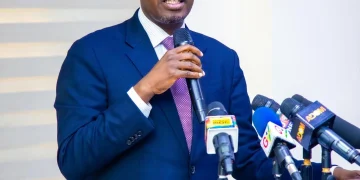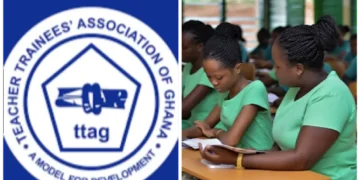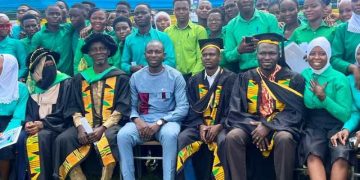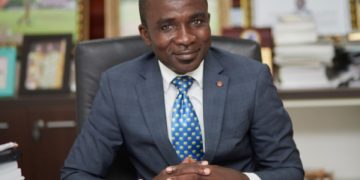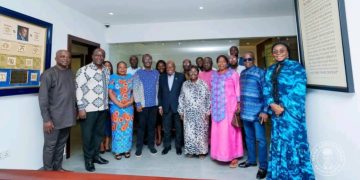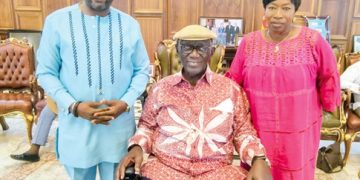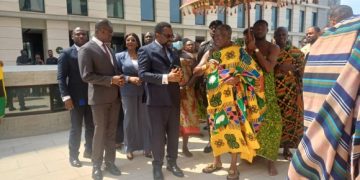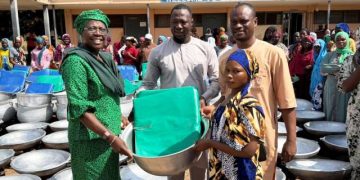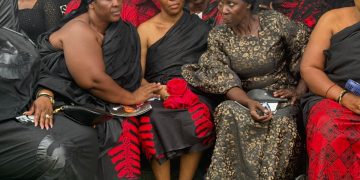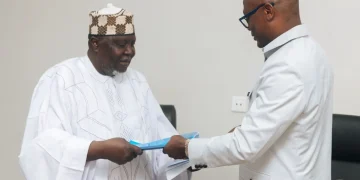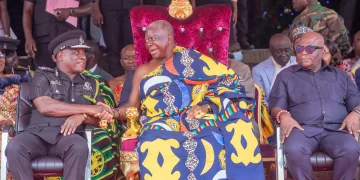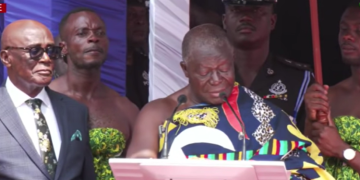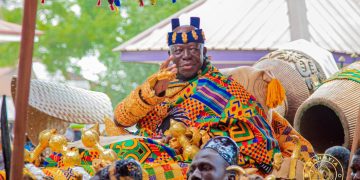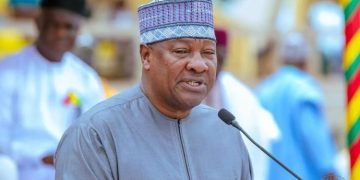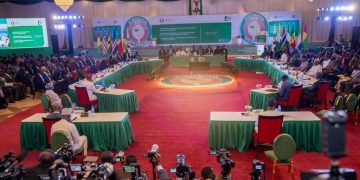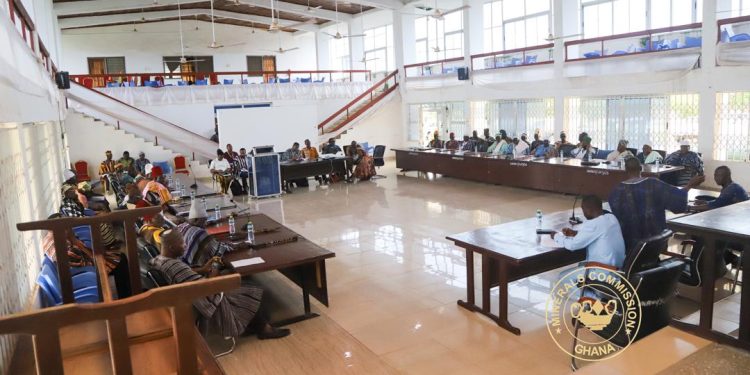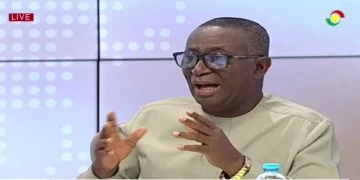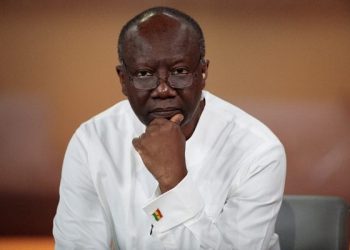The Minerals and Mining Policy Review Committee has held a stakeholder engagement with the Upper West Regional House of Chiefs as part of nationwide consultations on proposed reforms to Ghana’s mining laws and policies.
Professor Jerry Samuel Yaw Kuma, Technical Advisor to the Minister of Lands and Natural Resources, Emmanuel Armah Kofi Buah, said Ghana’s Minerals and Mining Policy of 2014 and the Minerals and Mining Act, 2006 (Act 703) have been in force for nearly two decades, making a review necessary in light of global and regional changes in the mining sector.
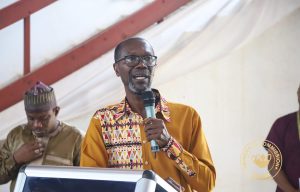
“As a nation, we must develop policies that align with our national development agenda while addressing emerging complexities in mineral resource management,” Prof. Kuma told the chiefs.
He added that many countries, including South Africa, have updated their frameworks to reflect new technologies, environmental standards, and international best practices, and Ghana must do the same.
He emphasized that the consultations aim to identify challenges in implementing the existing policy, build consensus on solutions, and ensure the wisdom of traditional authorities is incorporated into the review process.
Kuoru Abu Diaka Sukabe Ninia (V), Paramount Chief of the Zini Traditional Area and Vice President of the Upper West Regional House of Chiefs, lauded the initiative, describing it as crucial for public education and transparency.
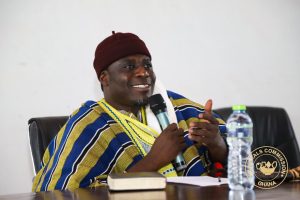
He urged the government to provide a clear roadmap that includes traditional authorities in the implementation process.
“The ultimate goal of this review is to guarantee environmentally friendly mining practices that benefit all Ghanaians,” Kuoru Abu Diaka said, stressing the role of chiefs as custodians of land and advocates for community development.
Presenting highlights of the review, Mr. Benjamin Aryee, former Chief Executive Officer of the Minerals Commission and Chairman of the Policy Review Committee, outlined key provisions, including the integration of a Green/Critical Minerals Policy to address the global demand for transition minerals.
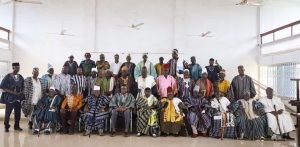
He said new policies, such as cooperative mining and the introduction of a medium-scale mining category, are part of efforts to adapt to climate change, evolving ESG standards, and Ghana’s small-scale mining realities.
Ms. Fafanyo Kukubor, Gender and Legal Officer at the Minerals Commission, emphasized parliamentary oversight of mining leases as critical to transparency and accountability.
She also called for gender-sensitive approaches to ensure inclusive participation in the mining industry.
Dr. Ahmed Tijani of the Minerals Commission added that notifying traditional authorities before awarding mineral rights would enhance trust and peaceful coexistence between mining companies and host communities.
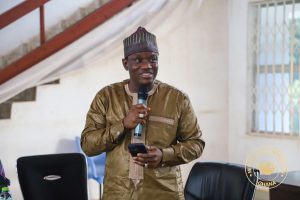
The proposed amendments also seek to promote the participation of persons with disabilities in mining enterprises, fostering a more inclusive and sustainable industry.
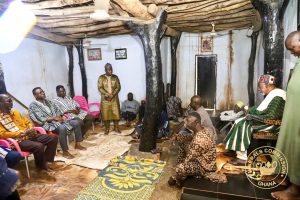
Nationwide consultations on the policy review have already been held in several regions, with government officials expressing confidence that the inputs will culminate in a robust, transparent, and forward-looking framework for Ghana’s mining sector.
Source: www.kumasimail.com


